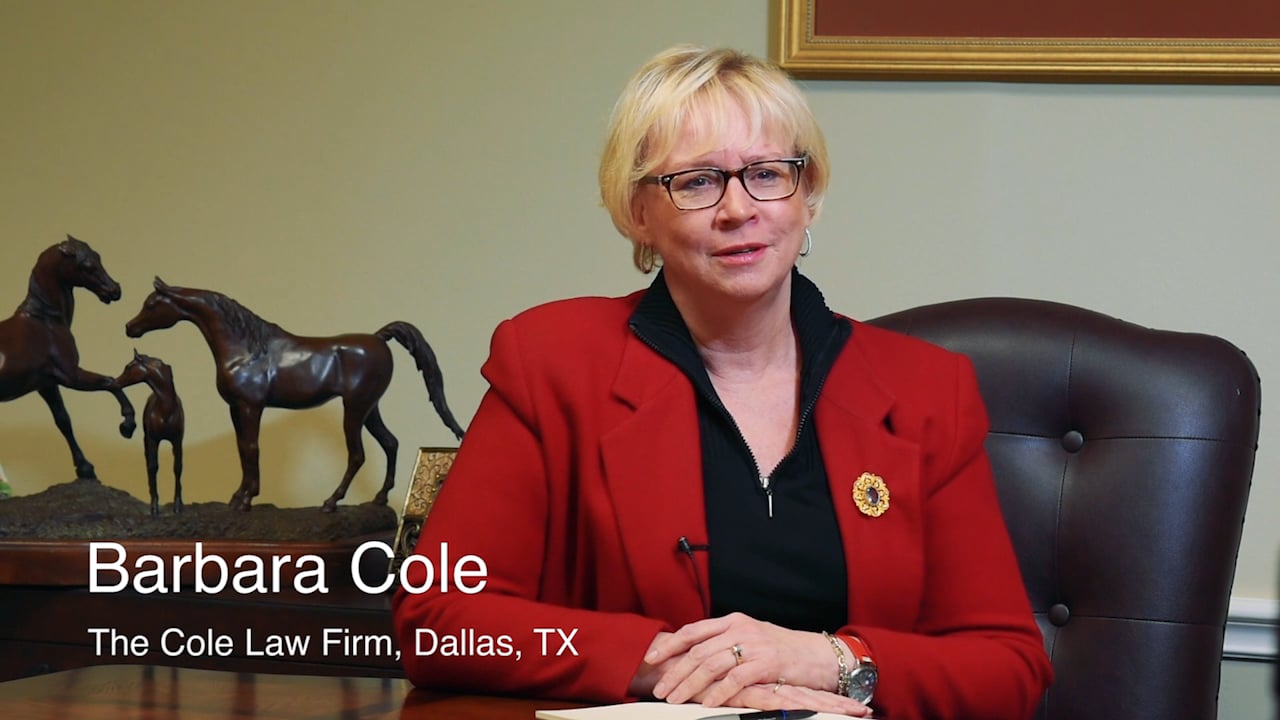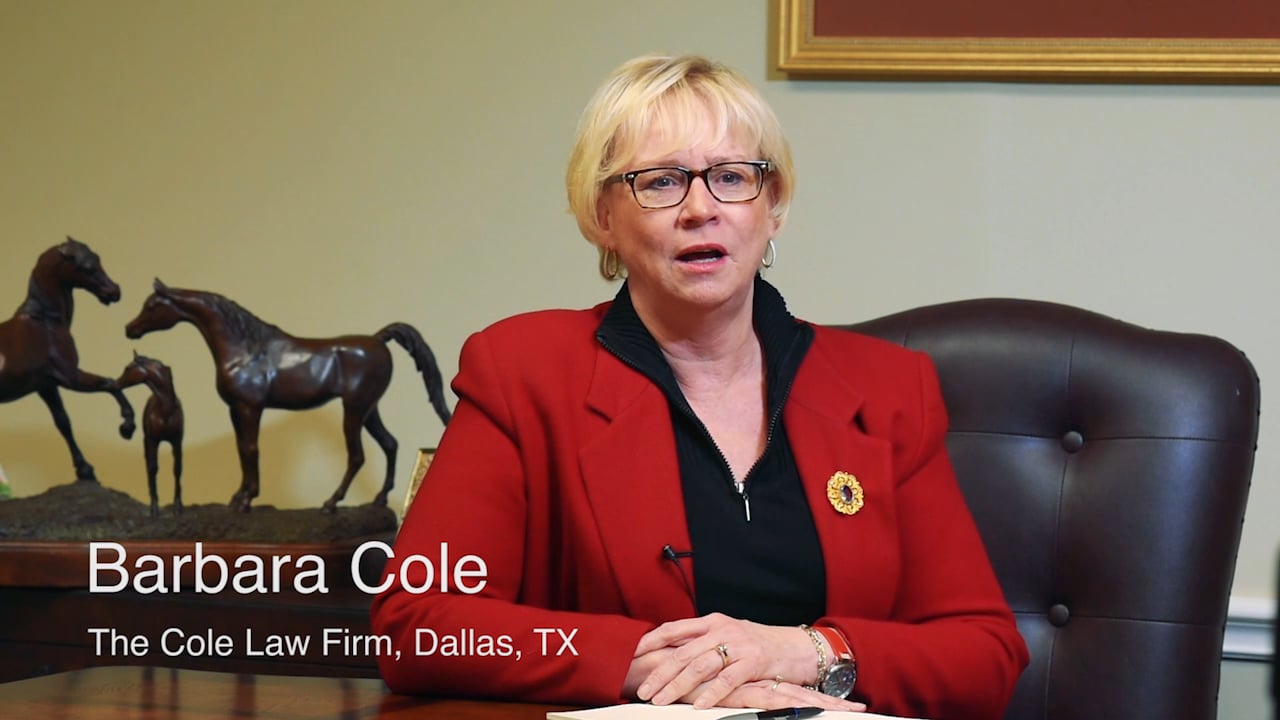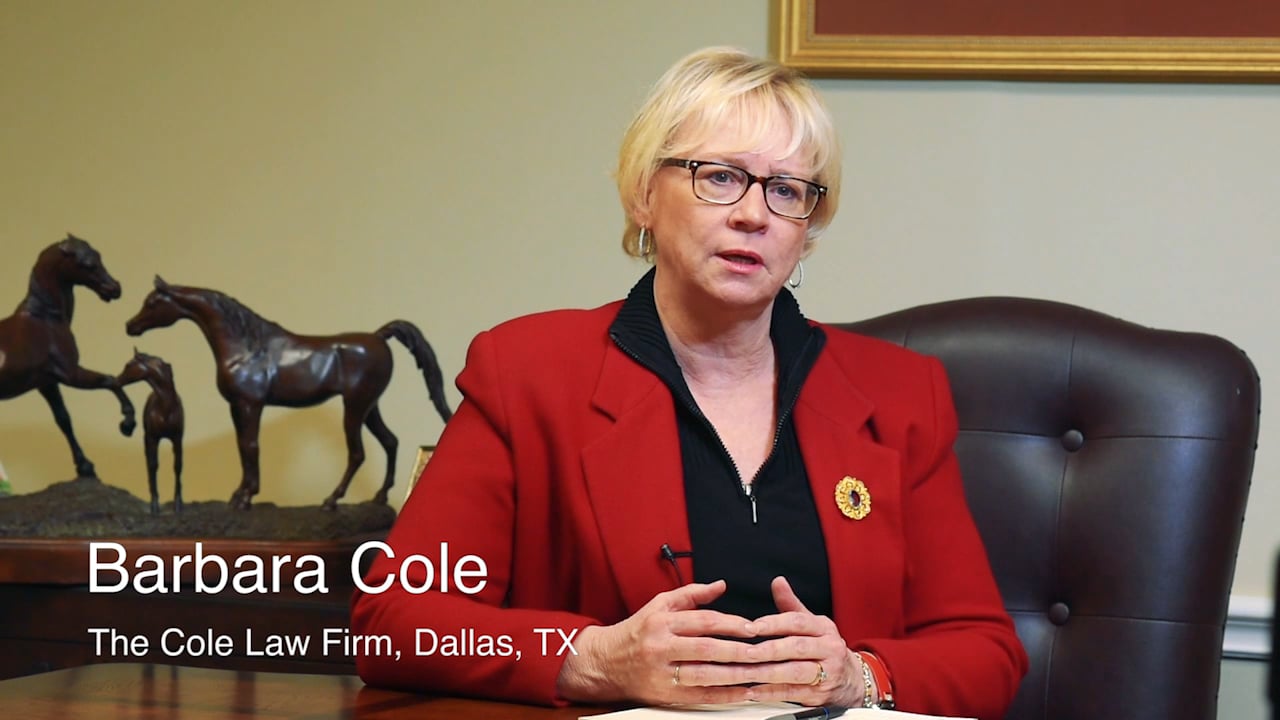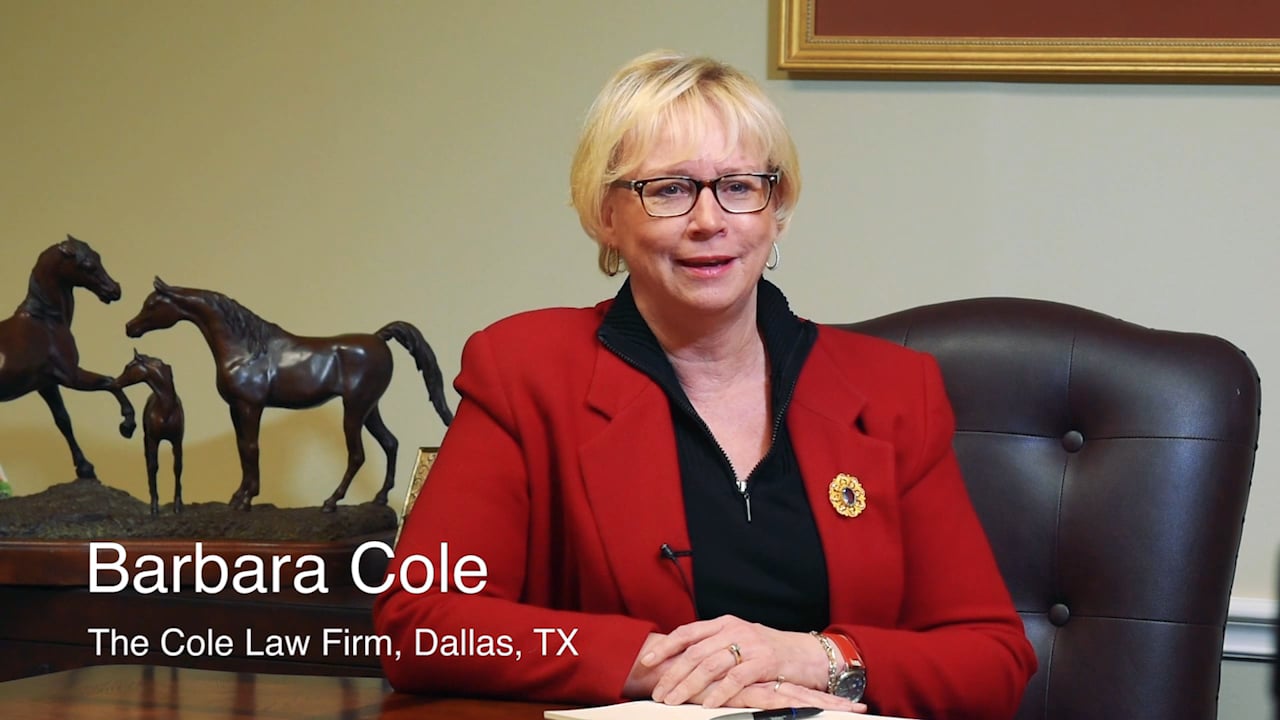Mediation
Divorce mediation still feels like a new idea in some parts of the country, but it’s increasingly well-known and widely accepted. Although there certainly are several different styles of mediation, there are several things you can depend on no matter what style your mediator uses. Mediation is flexible and confidential. It gives you and your spouse a way to settle the conflict between you, which is natural and inevitable, in a way that helps you to work together as parents after your divorce. The mediator remains neutral between the husband and the wife. That means the mediator can’t give advice to either party, and also can’t act as a lawyer for either party. What the mediator can do, though, is to point out in open session to both spouses things that each of them should be aware of about what they’re trying to accomplish.
Alternative Dispute Resolution
Alternative dispute resolution has greatly expanded over the last several years to include many areas in addition to the traditional commercial dispute in the form of arbitration; mediation has become an important first step in the dispute resolution process. As burgeoning court queues, rising costs of litigation, and time delays continue to plague litigants, more states have begun experimenting with ADR programs. Some of these programs are voluntary; others are mandatory.








